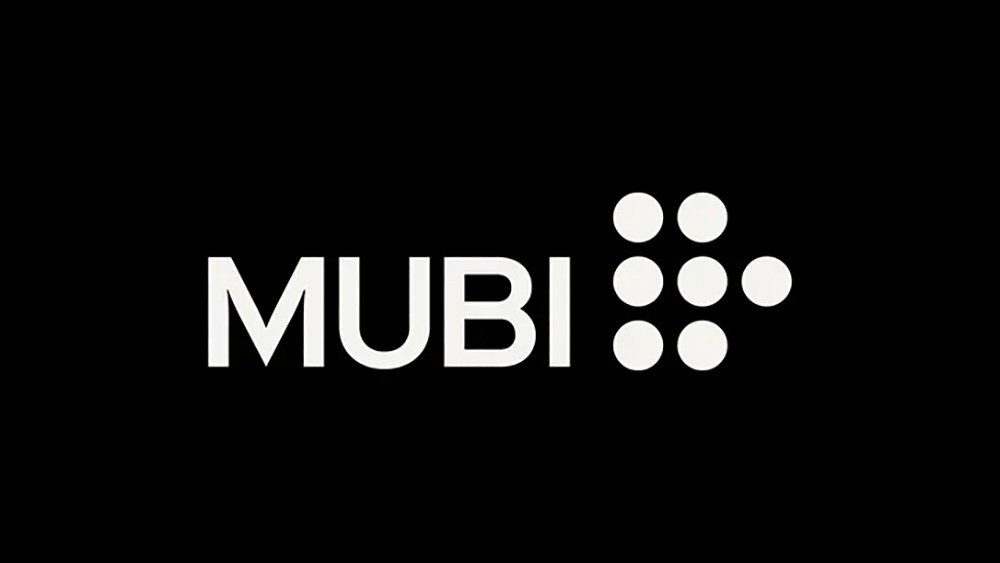Mubi, the upstart distributor, streaming platform and production company that was recently valued at $1 billion and guided “The Substance” to box office success and into the Oscars, has responded to backlash over its latest source of investment.
At the end of May, it was announced that the company — which went on a buying spree at the recent Cannes Film Festival, snapping up rights to eight films in competition (including a $24 million splurge on the Jennifer Lawrence-Robert Pattinson starring “Die My Love”) — had secured a $100 million investment from Sequoia Capital.
The Silicon Valley-based Sequoia has invested in a wide range of companies, including the likes of Apple, Google, ByteDance, Cisco, and Nvidia. Mubi marks a rare foray into entertainment. But Sequoia is also closely tied to the defence-tech startup Kela, founded in July 2024 by four veterans of Israeli intelligence units in response to the terror attacks of Oct. 7 and more than six months into the invasion of Gaza. Kela is currently developing a battlefield operating system enabling militaries to integrate AI and commercial tech.
According to Sequoia’s website, it led Kela’s $10 million seed funding round last year. In May of this year, Kela secured an additional $60 million in investment in a funding round also backed by Sequoia (alongside Lux Capital and In-Q-Tel, the investment arm of the CIA). Kela’s total investment now stands at $100 million.
Mubi receiving investment from a company with ties to the Israeli defense sector in the midst of Israel’s deadly war in Gaza has fallen foul of some online critics. Several on social media have called for Mubi to be boycotted and have claimed that they’ve already canceled their subscriptions.
A widely shared post on X said it was “time to add @mubi to the BDS list,” referring to the Palestinian-led Boycott Divestment and Sanctions movement that looks to boycott Israeli products and encourage investors to divest from companies implicated in Israeli policies. A group called Film Workers for Palestine later said it was “horrified” by Mubi’s decision. “This is unacceptable, and we demand that Mubi return the investment,” it wrote in a well-circulated Instagram post.
In a statement posted to its social media channels on Saturday, Mubi said the rationale to seek investment from Seqouia was to “accelerate our mission of delivering bold and visionary films to global audiences,” adding that the venture firm had a “50-plus year history of partnering with founders to help turn their ideas into world-changing businesses.”
“Over the last several days, some members of our community have commented on the decision to work with Sequoia given their investment in Israeli companies and the personal opinions expressed by one of their partners,” it said. “The beliefs of individual investors do not reflect the views of MUBI.”
First founded 18 years ago by CEO Efe Carakal, Mubi has evolved from a niche streaming service to a full-fledged studio, cultivating a major following in the art-house crowd along the way. While it has largely remained politically muted, last year it cancelled an entire festival it had planned in Turkey after local authorities banned a screening of Luca Guadagnino’s “Queer” over what they described as “provocative content.” As has been pointed out online, Mubi has numerous Palestinian films and features by Palestinian filmmakers about Gaza in its library.
Read the full article here


